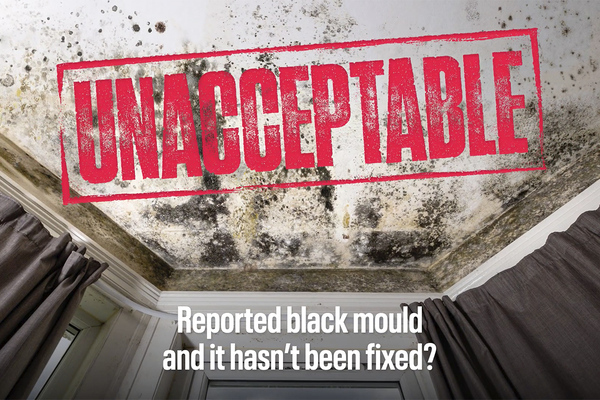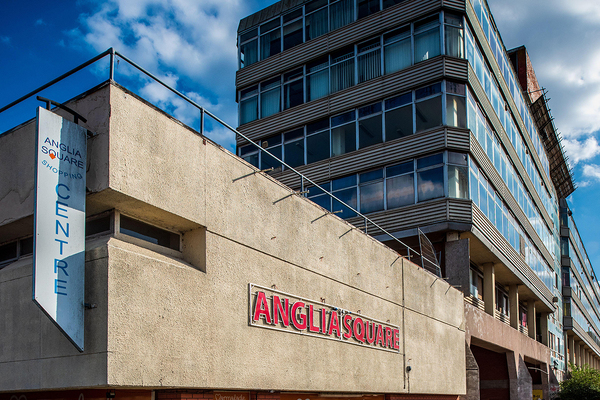You are viewing 1 of your 1 free articles
Social tenants to get opportunity to scrutinise landlords’ strategies and policies under new proposals
The government is consulting on revised directions to the Regulator of Social Housing (RSH) that aim to beef up tenant involvement and engagement, giving more power to residents to hold their landlords to account.
The new directions from the secretary of state for housing, which will lead to the revision of the Tenant Involvement and Empowerment Standard, include a requirement for social landlords to give tenants the opportunity to “scrutinise” strategies, policies and services, as well as any new services being introduced.
Another proposes removing the requirement for landlords to publish an annual report, allowing for a more flexible and tailored approach for tenants.
The housing secretary has the power to provide directions to the RSH on certain matters, including the Tenant Involvement and Empowerment Standard and Decent Homes Standard.
In February, the Department for Levelling Up, Housing and Communities began consulting on proposed revised directions covering tenant involvement and mutual exchange ahead of the new proactive consumer regulation regime.
The tenant involvement revisions aim to fulfil promises made in the Social Housing White Paper, for which the catalyst was the Grenfell Tower fire, and to ensure they are suitable for the new regulatory framework.
Changes to social housing regulation were first proposed in the wake of the disaster, which claimed the lives of 72 people, after it was discovered that the repeated fire safety concerns of residents in the tower were ignored by their landlord, the Kensington and Chelsea Tenant Management Organisation.
The new directions, which are outcome-based and not prescriptive, will apply to all housing associations and councils.
The RSH, which will be refreshing its standards ahead of the new regulatory regime, will consult on the changes later in the year.
The first new proposed direction for tenant involvement requires social landlords to “consider tenants’ views” when making decisions relating to housing management.
It also includes a strengthened requirement for landlords to offer tenants “a wide range of meaningful opportunities” to get involved in matters related to their housing.
According to the consultation document: “We want tenants to be influential voices in the conversations and decisions taken about the management of their homes.
“The Social Housing White Paper found that some residents felt patronised or ignored by their landlords, rather than truly heard.”
Another direction aims to make sure the tenant voice is heard in all parts of an organisation.
It requires social landlords to give tenants the opportunity to “scrutinise” strategies, policies and services, as well as any new services being introduced.
“If tenants are to hold their landlords to account, they need information on how their landlord is performing, what decisions they are making and which aspects of their living conditions are the responsibility of their landlord,” according to the document.
Another direction requires that social landlords take reasonable steps to help tenants who want to set up tenant-led influencing and scrutiny activities.
This will vary, depending on the needs of tenants, but could involve providing a space for people to meet or providing funding for activities.
Another requires that registered providers offer support to meet the diverse needs of tenants who might otherwise struggle to engage with involvement activities.
The current standard only requires landlords to “demonstrate that they understand the different needs of their tenants”.
One direction proposes removing the requirement for social landlords to provide “timely and relevant performance information” to tenants, which includes a requirement to publish an annual report that includes information on repairs and maintenance budgets.
Described as “overly prescriptive”, its removal could give landlords flexibility to work out exactly what information needs to be provided and what the best way of providing it is.
The department is also proposing to remove any reference to allowing tenants to do their own repairs and claiming cash back from landlords.
Another direction proposes to make clear that shared owners are included in tenant involvement.
The consultation will close on 30 March.
Sign up for our regulation and legal newsletter
Already have an account? Click here to manage your newsletters










